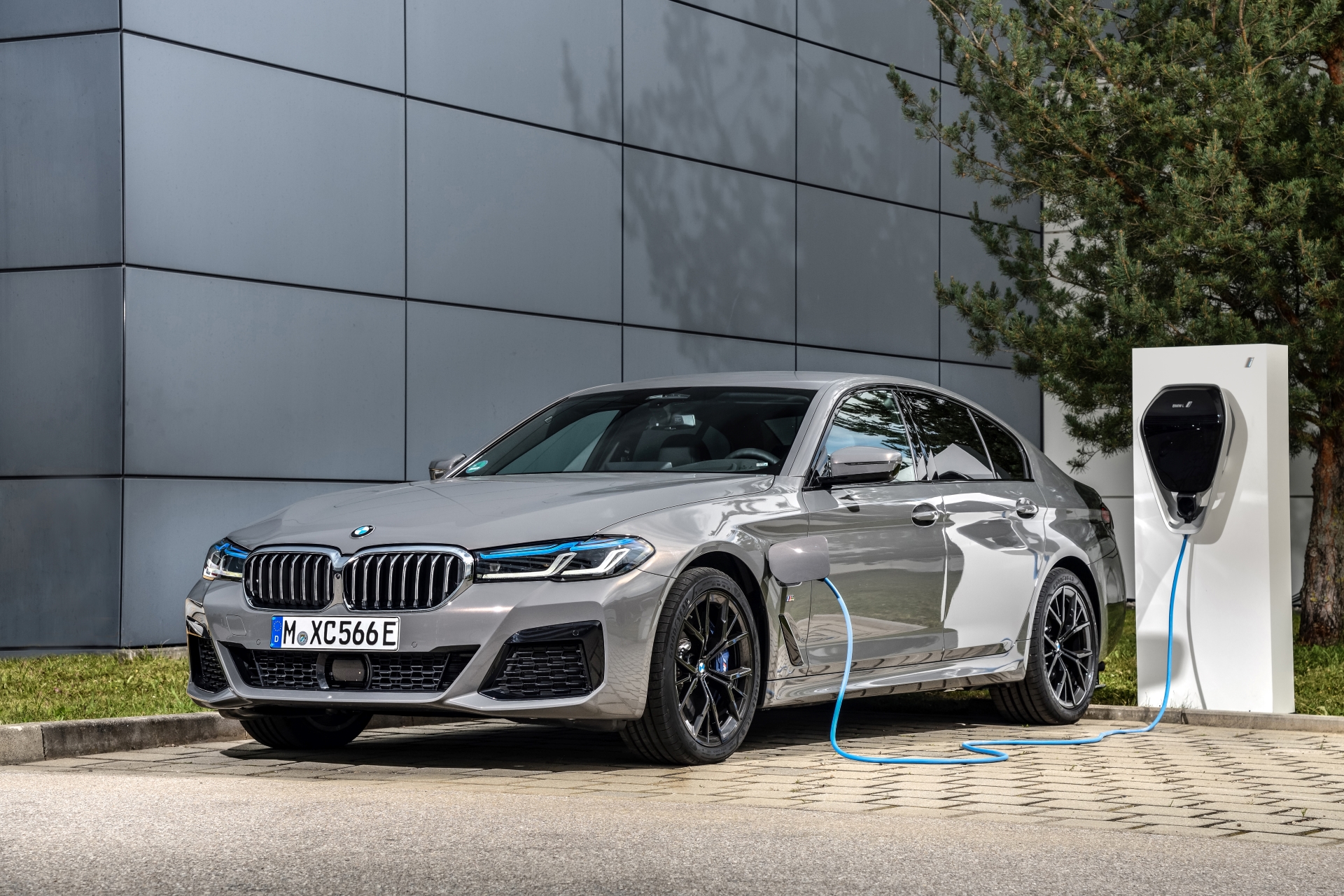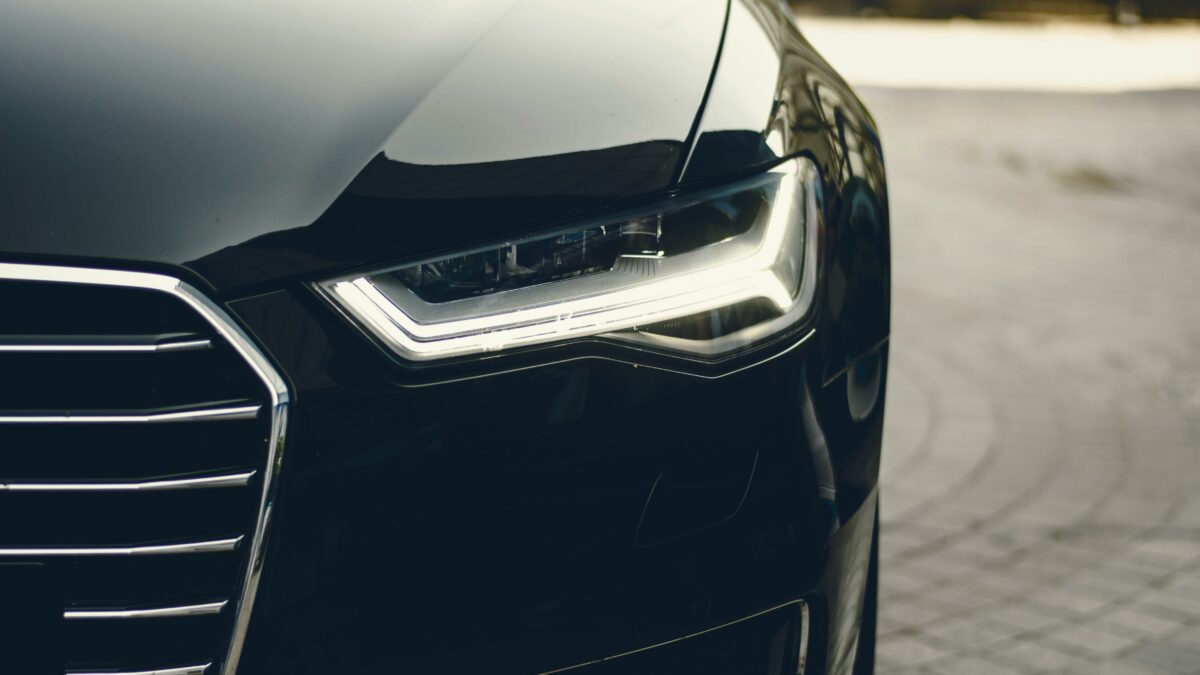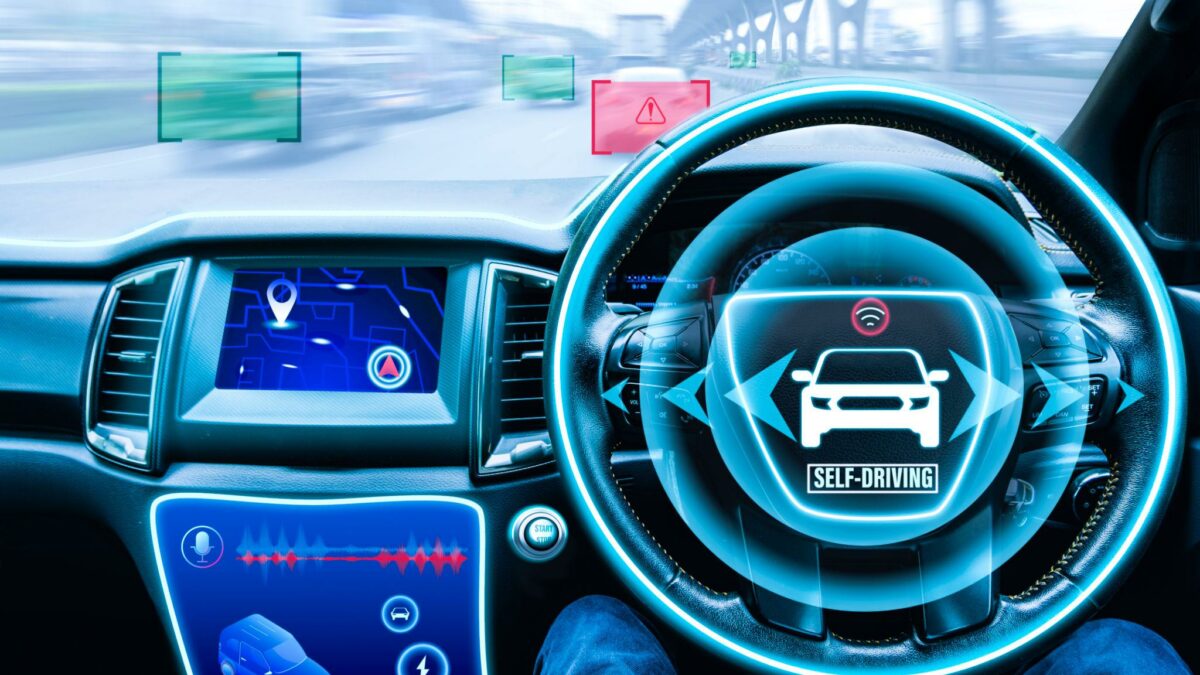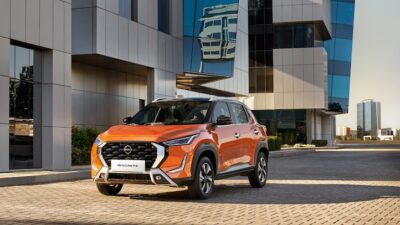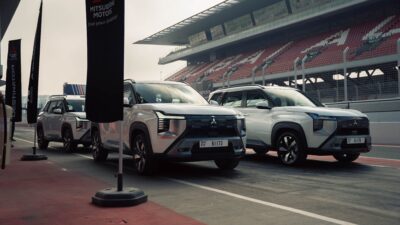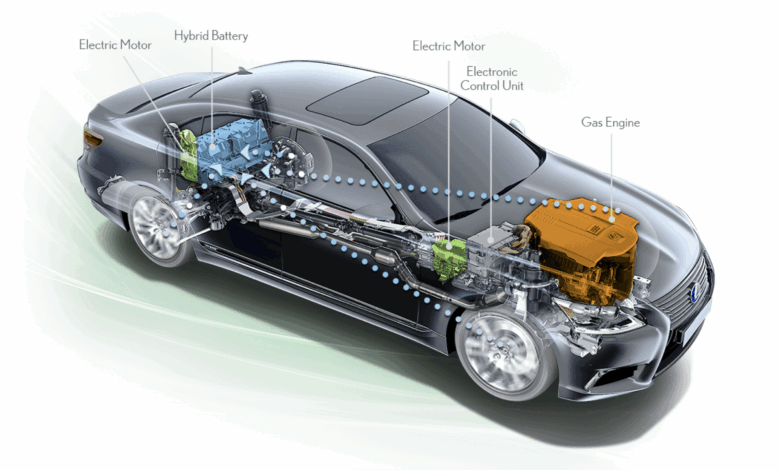
Hybrid Cars: Smart Shift or Just Hype?
As fuel prices fluctuate and environmental concerns continue to grow, hybrid cars have gained serious attention. But are they really worth it? The answer depends on your lifestyle, driving habits, and how you define value.
Hybrid vehicles combine a traditional gasoline engine with an electric motor. This blend offers increased fuel efficiency, lower emissions, and in many cases, a smoother, quieter driving experience. For city drivers who spend a lot of time in stop-and-go traffic, hybrids can be a game changer—since the electric motor does most of the work at low speeds, reducing fuel usage significantly.
One of the biggest selling points of hybrids is fuel savings. You’ll find models that easily reach 50+ miles per gallon. Over time, especially with frequent driving, that can translate into real cost reductions. Additionally, many countries (and cities) offer tax breaks, toll exemptions, or free parking for hybrid vehicles, adding further appeal.
However, there are trade-offs. Hybrids usually cost more upfront than their gasoline-only counterparts, although that gap is shrinking. Some drivers also find battery replacement costs intimidating—though most hybrid batteries are designed to last the life of the vehicle, and warranties often cover them for 8–10 years.
For highway-heavy drivers or those in regions with cheap fuel, the savings may not be dramatic enough to justify the cost. But for eco-conscious urban commuters, hybrids offer a balanced solution between performance, economy, and sustainability.
In short, hybrid cars are not just a trend—they represent a meaningful step toward cleaner driving. While not perfect for everyone, for many modern drivers, they’re not just worth it—they’re a smart investment in both their wallet and the planet.

